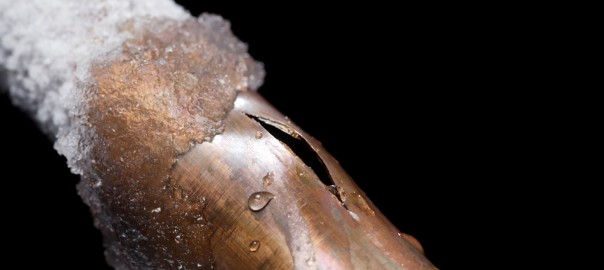How to Quickly Winterize your Home
 it's important to winterize your property to prevent it from deteriorating while you're away. Take precautions to avoid using unnecessary utilities, keep out animals and insects, and keep your possessions safe from theft. Whether you're leaving for a few weeks or a year, the following suggestions will help you to plan and execute a winterization down to the last nut and bolt.
it's important to winterize your property to prevent it from deteriorating while you're away. Take precautions to avoid using unnecessary utilities, keep out animals and insects, and keep your possessions safe from theft. Whether you're leaving for a few weeks or a year, the following suggestions will help you to plan and execute a winterization down to the last nut and bolt.
1- Turn off the water at the exterior. Make sure that the water supply is turned off completely at the main supply point. If the furnace should fail on a very cold day, water in a pipe could freeze and burst the pipe.
2 – Open all faucets and drain all waterlines. If you live in an area where freezing pipes can be a problem, drain the toilets, the water heater (turn off the gas or electric supply first) and the expansion tank. Get an air compressor to blow the lines of excess water. Eliminate or dilute the water in drain traps by pouring an "RV" type antifreeze solution into them, as directed by the instructions. Close the sink and tub drains. If a house is to be vacant for a long time, you may prevent water in a toilet’s trap from evaporating (and thereby permitting sewer gases to enter the home) by raising the toilet’s lid and seat and covering the bowl with saran wrap. If you have an indoor or outdoor pool, drain the water. Turn off and drain fountains and other sources of standing water. Drain water from dishwashers and pour RV antifreeze. with refrigerators (with a water dispenser or an ice maker) and washing machines, following the manufacturer’s directions. Remove the water filter from inside the refrigerator. Remove and empty any "whole house" or "in line" type filter canister.
3 – Turn down the thermostat. Set your thermostat to a level adequate to keep the inside temperature above freezing and to keep things dry. If the home is located in a warm, damp climate, you should have a humidity indicator installed and set to maintain a reasonably dry interior.
4 – Unplug all appliances. If you leave the electric power on, unplug electric appliances, including microwave ovens and TVs, to avoid the risk of fire in the event of a faulty switch or a rodent gnawing the wires.
5 – Don't forget the gas. For long absences, some experts recommend shutting off gas hot water heaters completely.
No one wants to deal with a broken pipe or flooded house. Remember that a freeze can happen quickly so winterize your house at the first sign of the temperatures dropping below 40.